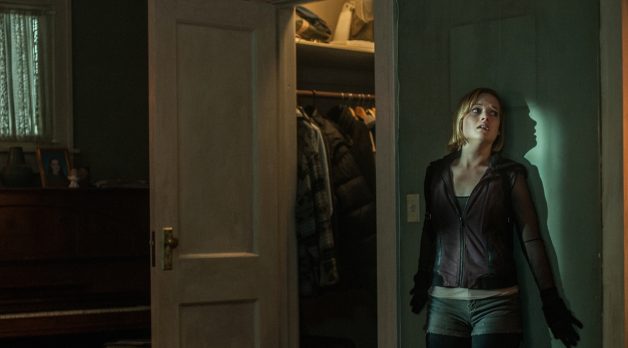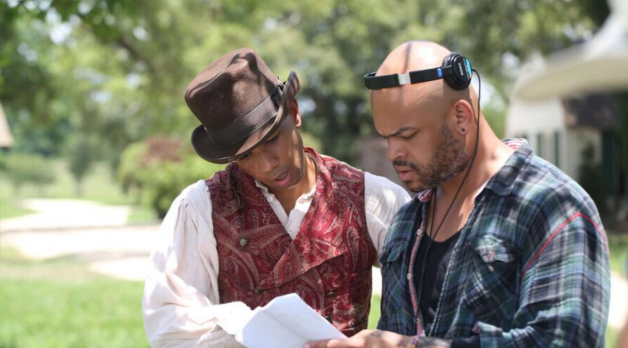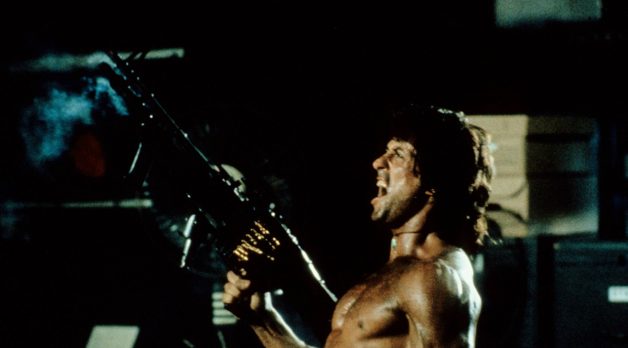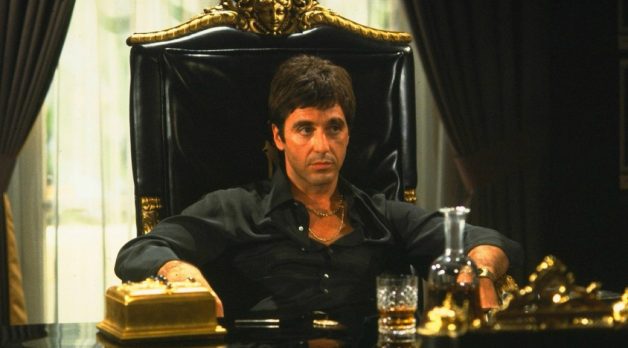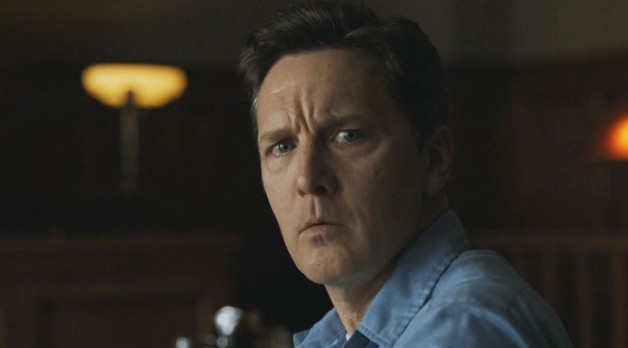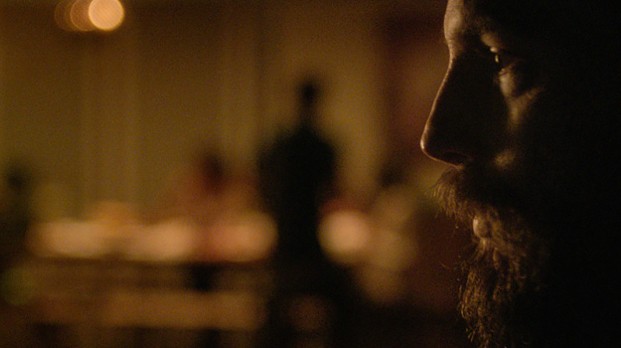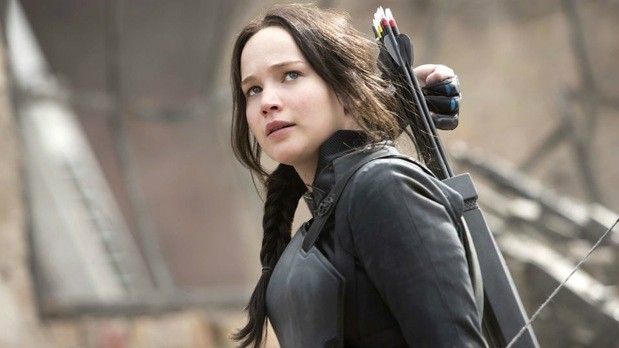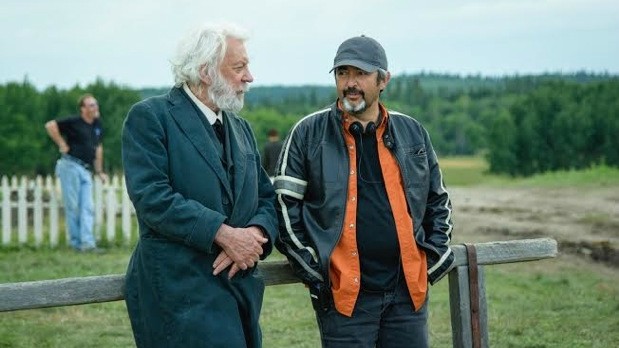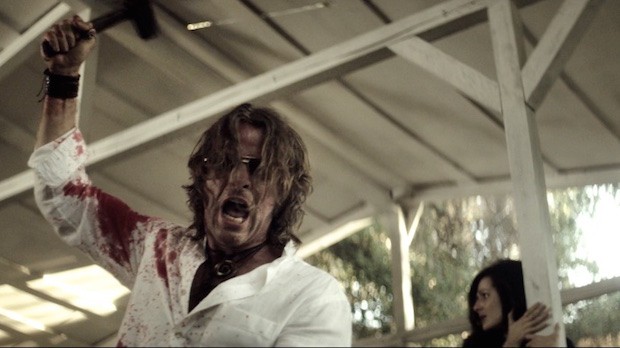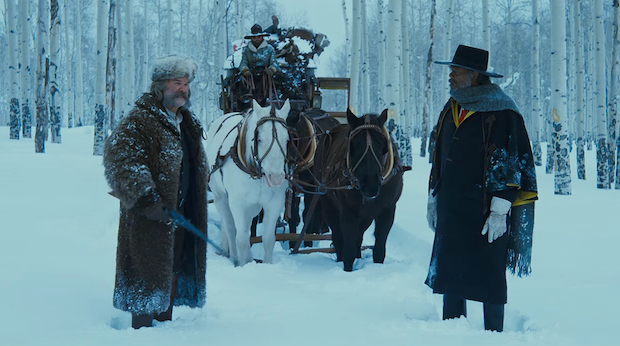Focal Point
In-depth interviews with directors and cinematographers by Jim Hemphill
-
 “We Laid Out the Chessboard of the Movie”: Fede Alvarez on Don’t Breathe
“We Laid Out the Chessboard of the Movie”: Fede Alvarez on Don’t Breathe
Filmmaker Fede Alvarez made an impressive feature debut in 2013 with his uncompromisingly savage, Sam Raimi-approved remake of The Evil Dead, but it didn’t come close to preparing me for his extraordinary follow-up, Don’t Breathe. That film, which reunites Alvarez with his Evil Dead producers Raimi and Rob Tapert as well as co-screenwriter Rodo Sayagues, is a clinic in how to construct a perfect thriller – a Swiss watch of a movie that takes the audience in the palm of its hand in the opening scene and then squeezes hard for an hour and a half. The premise is elegantly… Read more
-
 “Whether It Takes One Camera or 12”: TV Director Anthony Hemingway on Underground and The People v. O.J. Simpson
“Whether It Takes One Camera or 12”: TV Director Anthony Hemingway on Underground and The People v. O.J. Simpson
Two of the best television series ever to tackle America’s endlessly complicated relationship with race premiered almost simultaneously in the first half of this year. First up was the FX series American Crime Story: The People v. O.J. Simpson, in which two of the greatest living American screenwriters, Larry Karaszewski and Scott Alexander, found their greatest subject in the tragicomic bouillabaisse of race, class, sex, and violence that was the O.J. Simpson trial. A darker and more unsettling – though no less entertaining and riveting – examination of the same issues could be found just a matter of weeks later… Read more
-
 Ted Kotcheff on Making First Blood, Changing Rambo’s Suicide Mission and (Not) Working with Kirk Douglas
Ted Kotcheff on Making First Blood, Changing Rambo’s Suicide Mission and (Not) Working with Kirk Douglas
Most filmmakers are lucky if they can master one genre in their lifetime, but over the course of a sixty-year career Ted Kotcheff has conquered several. He helmed a grimly funny suspense classic (Wake in Fright); a literate, witty Gregory Peck Western (Billy Two-Hats); fast and funny comedies (Fun with Dick and Jane, Who is Killing the Great Chefs of Europe); and dramedies where the laughs coexist with unsettling insights into the dark side of the human condition (North Dallas Forty, The Apprenticeship of Duddy Kravitz). All of his films are characterized by a vibrant pictorial sense – no one… Read more
-
 Brian De Palma on Directing Actors and The Boardroom Scene in Scarface
Brian De Palma on Directing Actors and The Boardroom Scene in Scarface
A master director gets the cinematic treatment he deserves in Noah Baumbach and Jake Paltrow’s De Palma, which is quite simply the greatest film about filmmaking that I’ve ever seen. That it consists almost entirely of a feature-length interview with its subject, interspersed with impeccably selected clips from his films, makes it all the more remarkable – it’s a deceptively simple piece of work that yields infinite insights. Using the intimacy gained from their years-long friendship with the auteur, Baumbach and Paltrow interrogate Brian De Palma about each of his films in chronological order, and the result is not only… Read more
-
 Is Acting Really Just Being the Drunk Uncle Who Shows Up On the Couch with the Bag of Fritos? Andrew McCarthy on Directing TV
Is Acting Really Just Being the Drunk Uncle Who Shows Up On the Couch with the Bag of Fritos? Andrew McCarthy on Directing TV
Two things distinguish director Andrew McCarthy’s television work: exceptionally loose, naturalistic performances, and a rigorously elegant sense of framing and blocking. An actor’s director in the best sense, in that he treats behavior as one component of a fully integrated, visually expressive whole, McCarthy’s episodes of any given series are almost always that program’s most emotionally and cinematically layered. Even on a show like The Blacklist that already has a strongly established visual style, McCarthy is able to integrate his own preoccupations with the preexisting framework to both serve the franchise and deepen it. (He also elicits delightful effects from… Read more
-
 “Framing is its Own Dark Art”: Karyn Kusama on The Invitation
“Framing is its Own Dark Art”: Karyn Kusama on The Invitation
Karyn Kusama’s The Invitation achieves the kind of cinematic alchemy one finds in Blood Simple or the best of Hitchcock, where genre meets philosophy and character to yield something both razor-sharp in its clarity and infinitely complex in its provocations. The script by Phil Hay and Matt Manfredi follows a group of friends over the course of one night when they reunite after a tragedy that has affected all of their lives. The intentions of the hostess, Eden (Tammy Blanchard), are mysterious and only grow increasingly troubling as the night progresses, at least as far as her ex-husband Will (Logan… Read more
-
 “Seven Hours’ Worth of Movie over Three Years”: Francis Lawrence on The Hunger Games: Mockingjay — Part Two
“Seven Hours’ Worth of Movie over Three Years”: Francis Lawrence on The Hunger Games: Mockingjay — Part Two
Four years ago this month, one of the most successful series in recent film history was launched when director Gary Ross helmed his adaptation of Suzanne Collins’ novel The Hunger Games. An instant phenomenon, the movie turned Jennifer Lawrence into a superstar and provided a bleaker, more political alternative to the Twilight franchise. Ross didn’t return for the sequel, Catching Fire, so the producers entrusted the series to director Francis Lawrence, who stayed on for two more films. In Lawrence’s hands the allegorical aspects of the series grew more pronounced, the visual style more diverse and elaborate, and the emotional… Read more
-
 Making a Western in 31 Days: Jon Cassar on Forsaken
Making a Western in 31 Days: Jon Cassar on Forsaken
Director Jon Cassar breathes new life into the Western genre while honoring its traditions in Forsaken, a beautiful, haunting piece of work that will be released day and date on February 19. In a story reminiscent of Shane and Pale Rider, Kiefer Sutherland plays John Henry Clayton, a reformed gunslinger drawn back into action when he returns to his hometown and finds it under siege by an unscrupulous land grabber (Brian Cox). While sparring with Cox’s hired guns (led by Michael Wincott in a rich, thrillingly entertaining performance), Clayton also reconnects with an old love who has moved on (Demi… Read more
-
 Shooting a Movie in 25 Days for Blumhouse: Phil Joanou on The Veil
Shooting a Movie in 25 Days for Blumhouse: Phil Joanou on The Veil
One of the best American suspense films of the last ten years sneaks onto VOD, iTunes, and Netflix streaming this week as director Phil Joanou’s The Veil arrives courtesy of Universal and Blumhouse. A movie in the subgenre that James Mangold once referred to as “the cinema of unease,” it’s a slow burn horror flick that skillfully utilizes the Blumhouse production model (which yielded The Purge, Sinister, and The Visit) to tell a slightly more ambitious – though no less unsettling – tale. Working from a subtle, complex, and ruthlessly original script by Robert Ben Garant, Joanou tells the story… Read more
-
 “Looking for False Performance Beats”: Editor Fred Raskin on The Hateful Eight
“Looking for False Performance Beats”: Editor Fred Raskin on The Hateful Eight
As the first film to be shot in the Ultra Panavision 70 format since Khartoum in 1966, Quentin Tarantino’s The Hateful Eight has deservedly garnered a lot of attention for its cinematography; shot in an extra-wide aspect ratio on a 65mm negative, it’s undeniably a spectacular showcase for director of photography Robert Richardson’s visual gifts. Subtler, but perhaps even more impressive, is the contribution of editor Fred Raskin, who assembles the 2.76:1 images like a maestro of space, timing, and movement. At over three hours in its Christmas Day “roadshow” edition, The Hateful Eight doesn’t have an extraneous frame –… Read more
